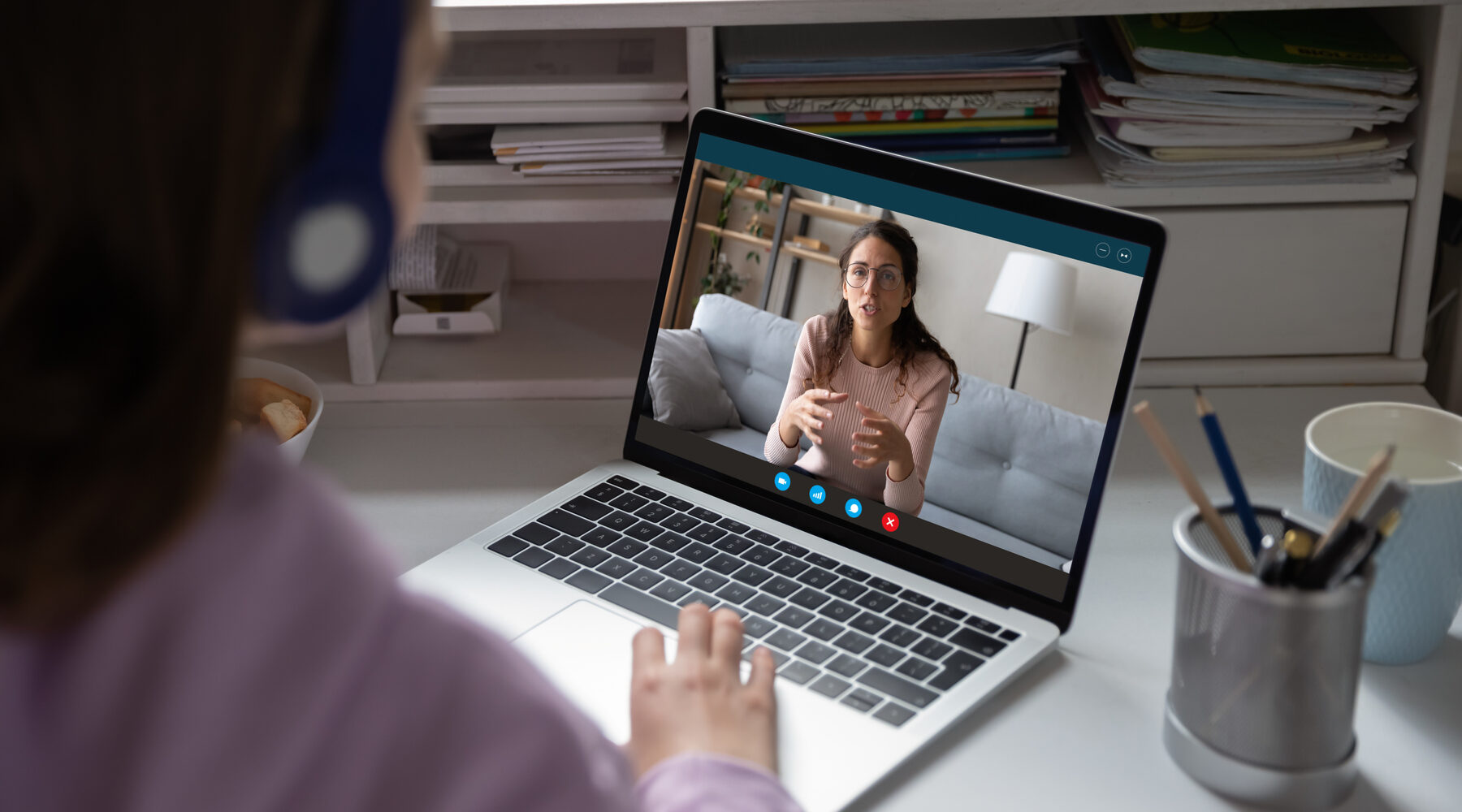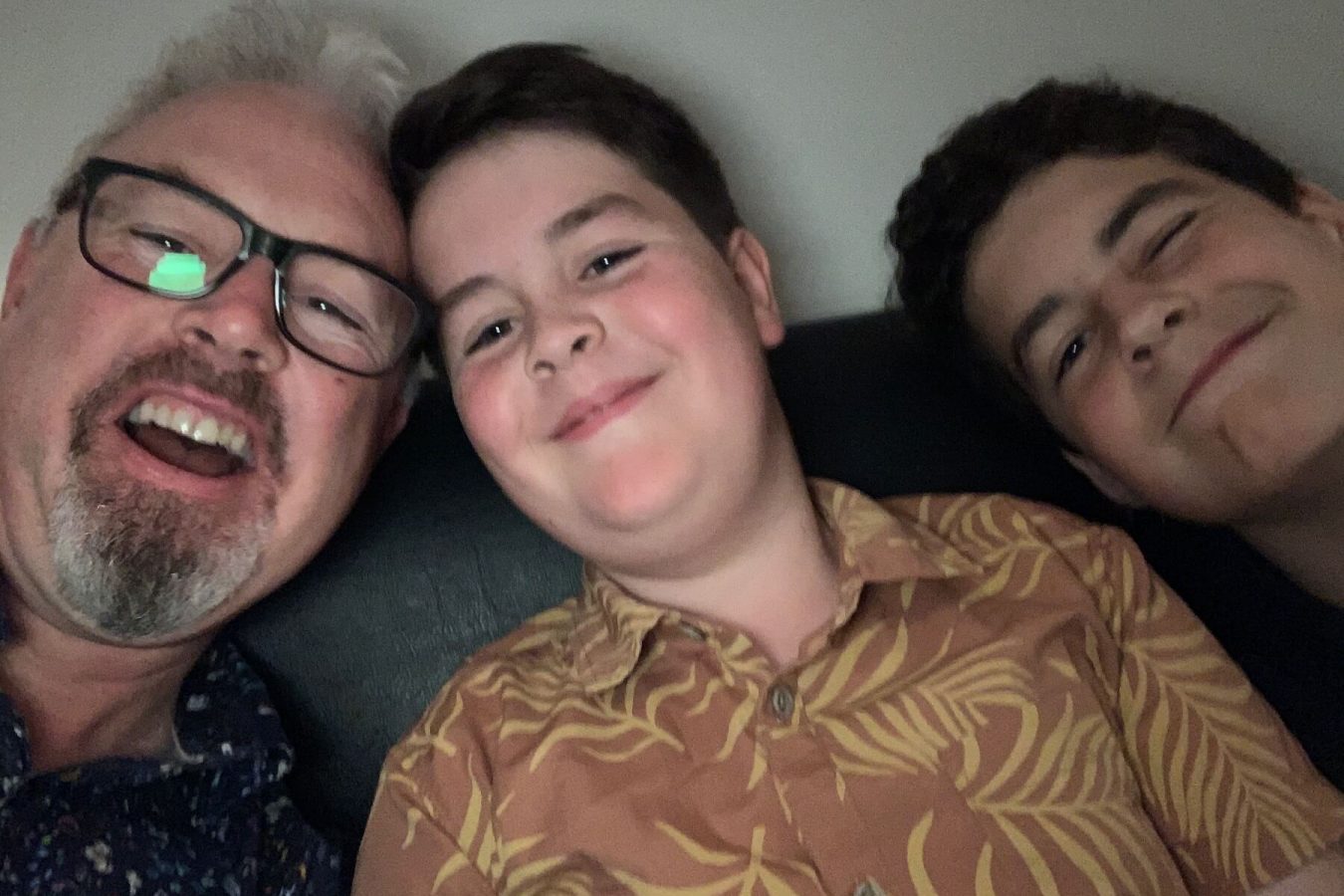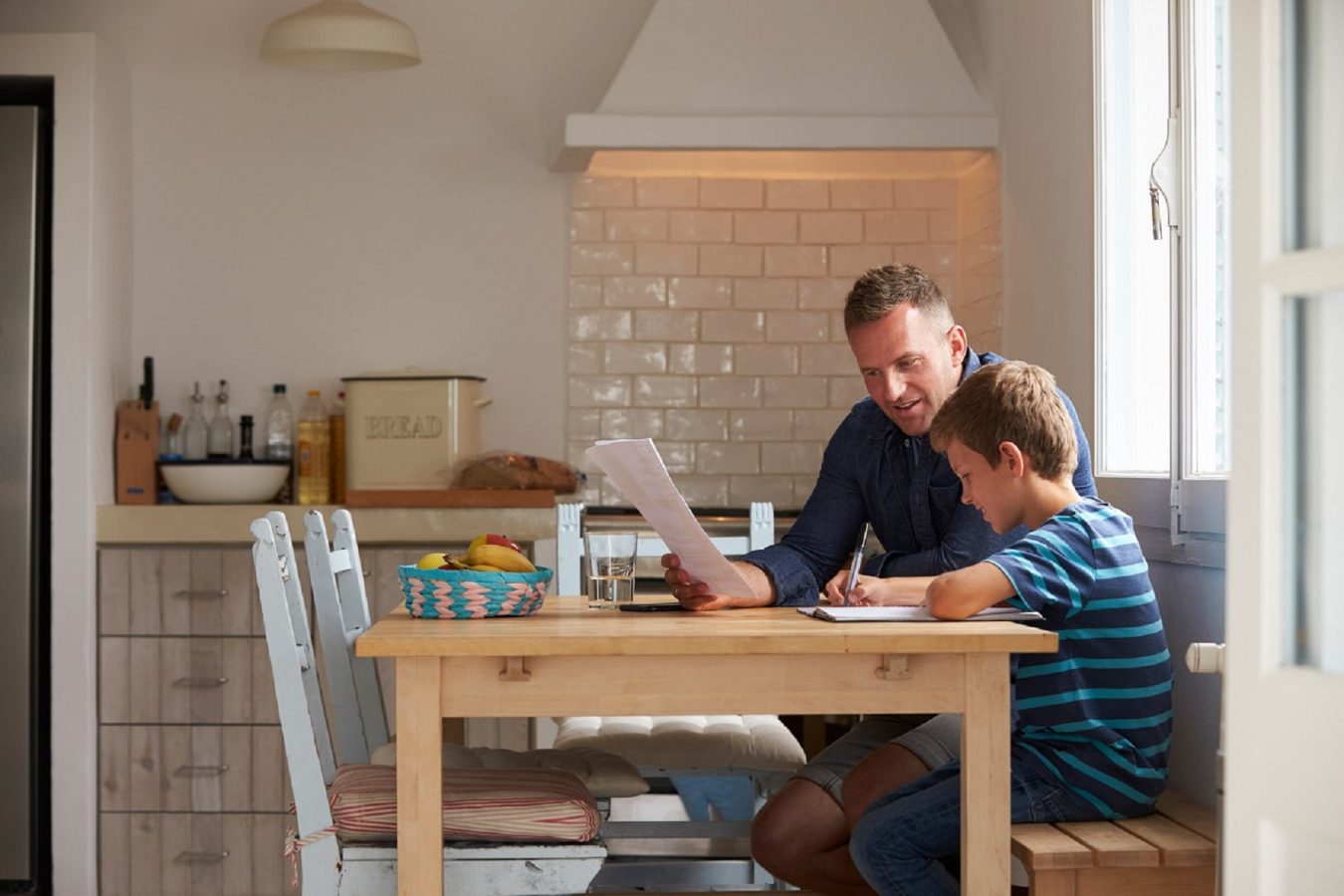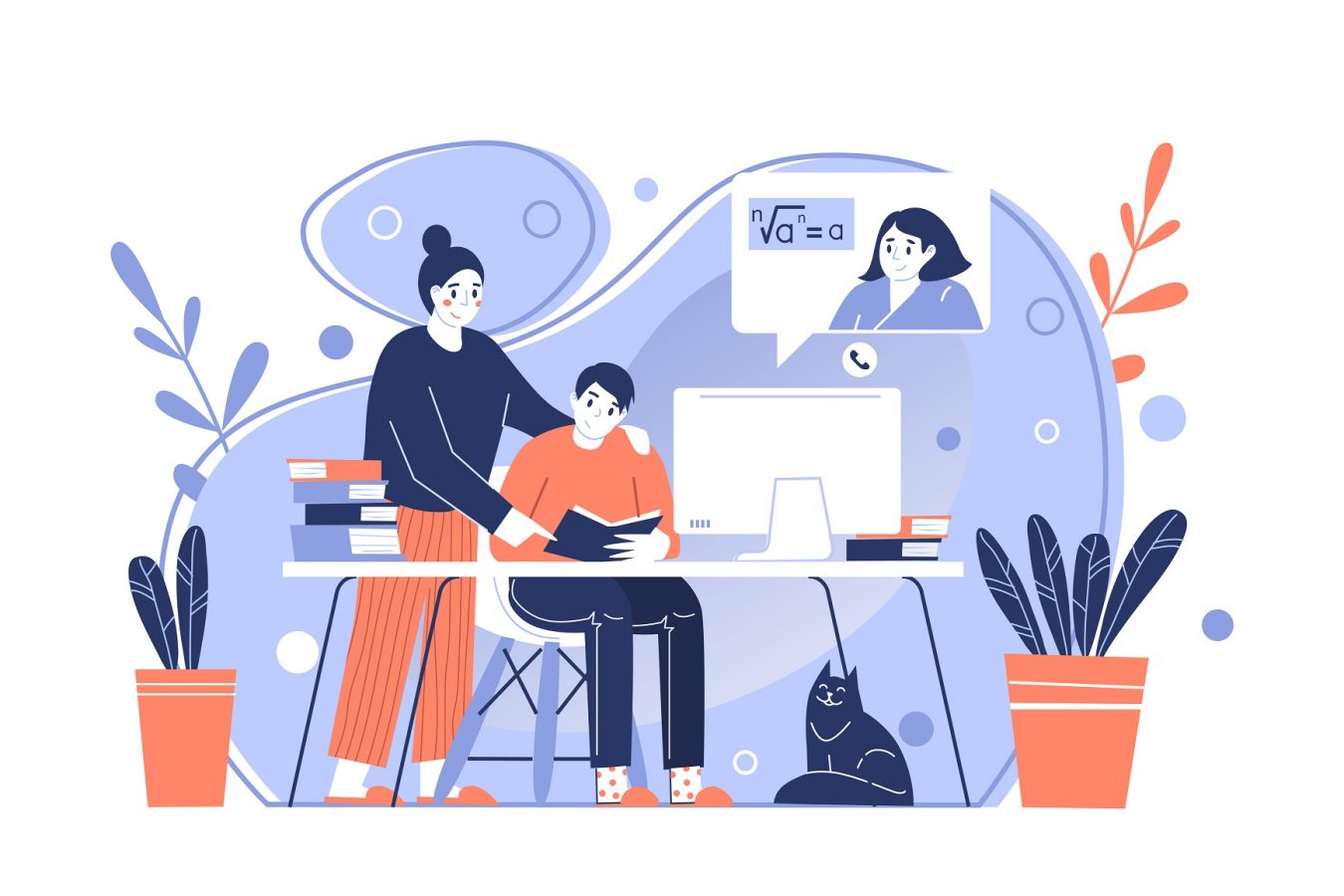
The return to learning at home has been a big challenge, but as Peter Hanlon writes, the lessons learned are helping teachers and students, and opening up new ways of thinking about education.
Comedian Adam Hills recently likened going into lockdown for a second time to sitting through the sequel of a movie when you hated the original. Apply this to another stint of remote learning, and for many it could be the second coming of Snakes On A Plane.
Yet teachers are a resourceful lot, something Deb Carmichael happily noted during ‘lockdown one’ as she helped assemble webinars and other tools for teachers in her capacity as senior advisor with Independent Schools Victoria.
‘It goes back to that incredible capacity of teachers to want to do the best for their students, that they would work a full day and then at night engage with a webinar to see how they could do it better,’ she says. ‘The teachers we spoke to and worked with went into it with so much heart.’
Of course, remote learning isn’t easy – for teachers, students and parents alike – and when the school gates reopened it was to widespread relief.
A return to classes at kitchen tables isn’t ideal, but much was discovered first time around that makes the landscape less daunting, and the experience one that can ultimately be fortifying for all.
Lean on each other
The Victorian Teachers Going Online forum on Facebook has been a beacon for educators battling stormy seas, a resource packed with questions posed, difficulties aired and floods of answers and advice.
Paige Tan, a maths teacher at Camberwell Girls Grammar School, is also an administrator of the forum and has been blown away by a community that continues to grow (nearing 10,000 members), teachers reaching out to share and lighten each other’s load.
‘Mostly our support systems come from our own workplace; it’s hard to meet other teachers from other schools,’ she says. ‘So having this community, this online space, has really helped.
‘There are people who have built relationships with teachers on the other side of the state, just opening up these really good conversations and helping each other.’
Make wellbeing a priority
As conversation on VTGO has shifted from sharing subject-specific resources to ways to make remote learning sustainable for all, a consistent thread has been teachers imploring their colleagues to not only look out for each other, but be kind to themselves.
‘Self-compassion is so important, now more than ever as we go into round two,’ says Paige, highlighting the importance of boundaries when working from home.
‘For teachers it’s easy to say, “There’s always something to do, and something to do better.” It’s making conscious decisions to say, “It’s okay if you don’t do everything right here, right now.”’
One that came up recently was regular ‘brain breaks’, where students and their teachers might down tools mid-class and simply get up and go outside, cuddle a pet, or fetch something from their bedroom to change things up.
‘Emphasise that they shouldn’t be worrying – don’t think about anything in that minute or two, just break up your day,’ Paige says.
Mix things up
At Mount Evelyn Christian School, the focus on mental health has been formalised through ‘Wellbeing Wednesday’, the central pillar in a two-one-two model of remote learning that director of teaching and learning Lisa Dumicich says has received amazing feedback.
After starting the week with two days of synchronous, face-to-face learning, students know their Wednesday will be filled with activities as diverse as meditation and reflection, physical activity, journal writing, creating a time capsule or cooking to the instruction of a Masterchef-style video shot by a teacher.
‘We surveyed all of our staff post remote learning one, and did informal surveys with students,’ Lisa says.
‘It was overwhelmingly positive that Wellbeing Wednesday was important, it helped them to manage their workload and stress and helped stop that feeling of tiredness that you get from video conferencing all of the time.’
Build a better future
In even a short sample time Deb Carmichael has noted an awakening in parents, through seeing up-close all that goes into their child’s learning.
‘They haven’t had a window into the classroom before, but now they’re getting a really good, long view of what teachers do to support their children.’
Some students who are anxious and retreat inwardly at school have thrived learning from home, just as increased autonomy – or ‘the freedom to fail’ – has been a boon for many teachers.
Going forward, autonomy could be a powerful education tool, as espoused by leading American educator Dr Heidi Hayes Jacobs in a recent webinar for ISV.
‘She asked why we’re stuck in these antiquated practices – 45 minutes of maths, 45 minutes of English,’ Deb says. ‘Everything from schedules to spaces to how we group learners needs to change, and I think this is an opportunity to make those changes.’
Lisa Dumicich agrees, having already spoken to her colleagues about not losing the pedagogy of online learning when the ‘new normal’ eventually arrives.
‘How do we push forward and take the best of remote learning, and bring that learning into the future? This time has the potential to be a real catalyst for change in education.’
Subscribe to The Parents Website

